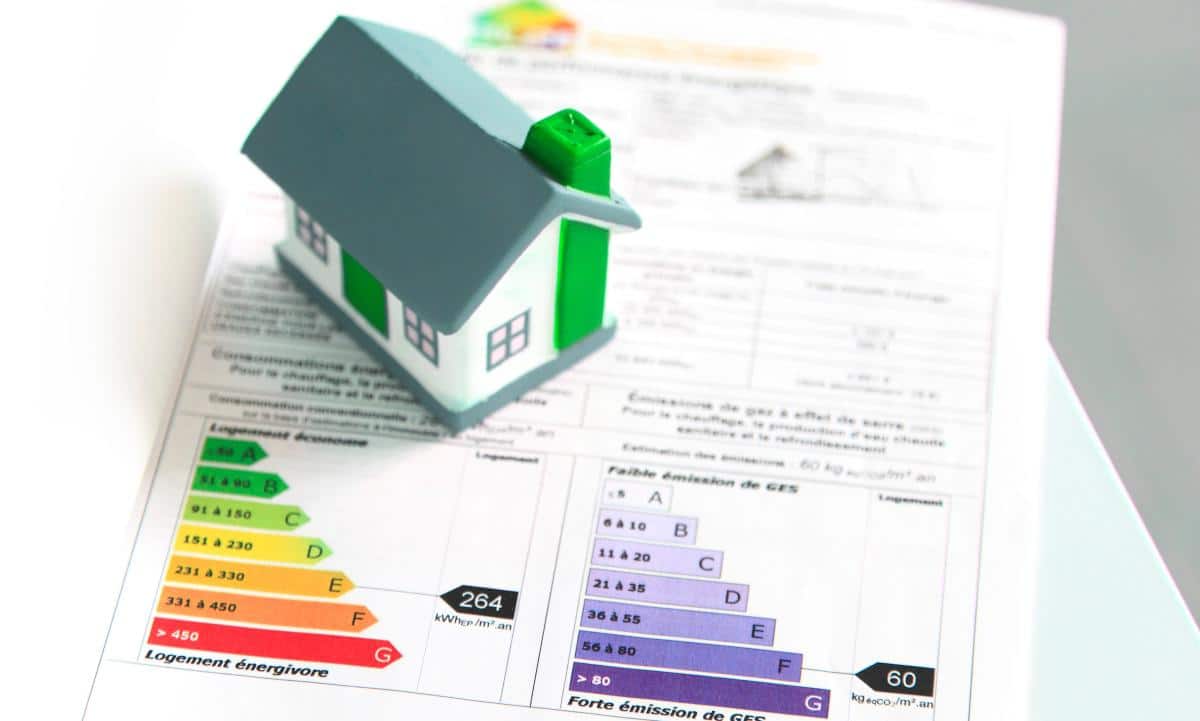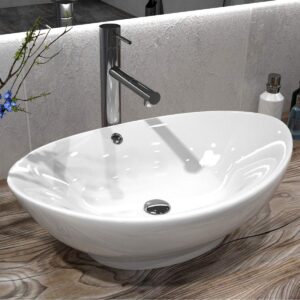
Key Takeaways
- Learn what a home energy audit entails and how it identifies energy inefficiencies.
- Understand the benefits of conducting an audit, including significant cost savings.
- Discover simple steps homeowners can take to improve energy efficiency.
What is a Home Energy Audit?
An audit of your home’s energy usage is a detailed evaluation meant to identify areas of inefficiency and offer suggestions for improvement. By analyzing elements such as insulation, ventilation, and energy usage, a home energy audit provides a tailored plan to optimize energy performance. Whether in a bustling city or a quiet suburb, opting for a home energy audit in Kansas City can significantly enhance your home’s energy dynamics. An energy auditing specialist utilizes blower doors and infrared cameras to detect leaks and thermal irregularities. These audits are not only technical but also insightful, revealing patterns of energy use that homeowners might need to be made aware of and suggesting straightforward solutions to reduce unnecessary energy loss.
Why Conduct a Home Energy Audit?
The financial benefits of a home energy audit are substantial. On average, homeowners can see a 5% to 30% reduction in their energy bills by correcting inefficiencies highlighted during an audit. According to the Department of Energy, these adjustments include sealing air leaks, upgrading insulation, or optimizing HVAC systems. Beyond personal savings, there is a collective environmental impact. Decreasing energy usage reduces dependence on non-renewable energy sources, ultimately reducing emissions of greenhouse gases. It prompts a sustainable way of living and aligns with actions to combat climate change. Engaging in such energy-efficient practices can contribute significantly to achieving national energy conservation goals and setting an example for others in the community.
Critical Components of a Home Energy Audit
- Inspection of Insulation: Proper insulation is crucial for maintaining a stable indoor environment. Auditors evaluate attic, wall, and crawl space insulation, ensuring it meets local energy codes. A well-insulated home keeps you warm in winter and cool in summer, significantly reducing heating and cooling costs.
- Assessment of Air Leaks: Air leaks often occur around windows, doors, and ductwork. Identifying and fixing drafts helps lessen the strain on your HVAC system, prolonging its life and improving energy efficiency. Simple measures like caulking and weatherstripping can make a big difference.
- Review of HVAC Systems: The energy consumption is directly impacted by the performance of your HVAC systems. An auditor will inspect filters, ductwork, and system efficiency, suggesting necessary maintenance or replacements to reduce energy costs and enhance indoor air quality significantly.
- Lighting Analysis: Transitioning to energy-efficient lighting, such as LEDs, can reduce electricity bills and environmental impact. Auditors will analyze your lighting setup, calculating potential savings from organic changes.
Simple Steps to Improve Home Energy Efficiency
- Put weather stripping around windows and doors to close air gaps, a simple and affordable method to enhance energy efficiency.
- Switch to LED bulbs for energy savings and longer life, as they produce less heat than regular bulbs, ultimately saving you money.
- Invest in a programmable thermostat that can automate heating and cooling schedules, optimize energy use based on your daily routines, and reduce waste.
- Improve insulation in the attic and walls to avoid energy waste, maintain comfort in your home throughout the year, and ease the burden on your heating and cooling systems.
Real-Life Success Stories
Take, for example, the case of a modest family in Oregon. After undertaking a home energy audit, they identified several inefficiencies, from drafty windows to an outdated heating system. They slashed their energy bills by over 25% annually by implementing recommended fixes. These savings allowed them to invest in further home improvements and enjoy a more comfortable living environment.
Choosing a Professional Energy Auditor
To ensure you receive the most thorough evaluation, hiring a certified energy professional is essential. The EPA recommends that homeowners choose experienced auditors, highlighting the significance of proper documentation and effective communication. Professional auditors often possess industry certifications, such as RESNET or BPI, which guarantee a high standard of service. During the audit process, they’ll provide customized insights and practical advice that align with your specific energy goals and budget constraints, helping you make informed decisions about energy upgrades.
The Long-Term Benefits of Home Energy Audits
The advantages of conducting a home energy audit extend beyond immediate cost savings. By enhancing energy efficiency, homeowners can significantly boost property value, which is desirable for prospective buyers who are increasingly prioritizing sustainable living options. It is also crucial to decrease energy usage to minimize your footprint and promote a healthier Earth. As energy prices fluctuate, investing in energy efficiency provides a buffer against potential cost increases, ensuring long-term financial stability and peace of mind. Overall, a home energy audit is not just an assessment; it’s a strategic investment toward a brighter, more sustainable future.




